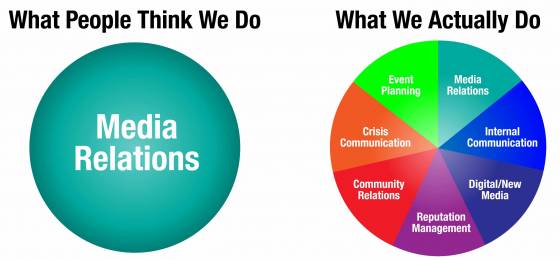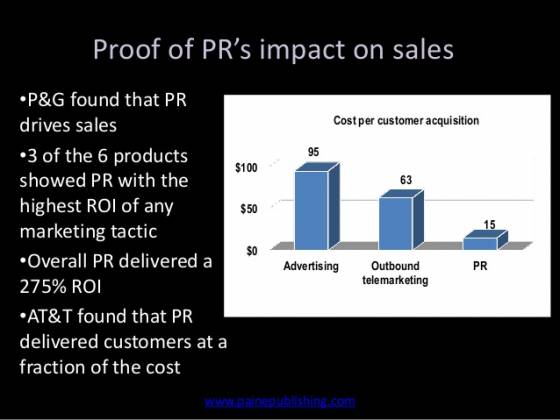Growth in the PR industry was a healthy 7% over the last financial year, but with the private sector growing above-trend since the Global Financial Crisis and interest rates at historically low levels, operating conditions have been particularly benign and potentially flattering for agencies. This could be masking some fundamental problems with the PR industry and propping up mediocre performers for as long as the good times roll.
There are growing external pressures on the industry stemming from the demise of traditional print media. PR professionals outnumber journalists in the UK[1], and in the US, the ratio is estimated at nearly 5:1 according to national census data. The rise of the ‘citizen journalist’ (individuals sharing news and feature content in real-time) has led to decreasing revenues for PRs from ‘earned’ coverage.
Traditional PR agencies have been slow to identify new opportunities beyond traditional media, as shown by the rise of companies solely dedicated to influencer marketing, digital marketing and/or video marketing. Press releases are not tailored enough for journalists and provide little value to them, while many PRs and their corporate clients fail to see the value in looking beyond traditional media.
On top of this, PR is the biggest culprit of the whole marketing mix for failing to provide a comprehensive measure of return on investment. While third party endorsements provide more authority than 'paid' or 'owned' marketing, they are much harder to measure, with success stories likely to be largely anecdotal. Column inches and advertising value equivalency give some information but do not provide accurate information on quality leads generated or revenue derived from activity, which makes it difficult for companies to determine PR’s value.
PR companies will therefore have to become more agile. Just as workers in the gig economy may take on multiple projects and tasks without ever having a full-time permanent contract, PR agencies will have to adapt to the slow demise of the retainer/’Agency of Record’ style contract and be willing to bid on individual projects on a case-by-case basis, as part of a more streamlined, proactive industry process.
The recent Bell Pottinger revelations have also shown that without enforceable, regulated industry standards, the sector will always be prone to unethical operators. Unlike law or medicine there is no professional body to accredit individuals with the licence to practice; PR industry bodies are paid-for subscription associations and can expel member companies, but have no power to prohibit individual practitioners. This will surely need to be reviewed for PR to be taken seriously as a 'profession'.
Stayed tuned for Part 2 - where I discuss how PR can overcome these challenges.
Alex Cook
Alex joined Sermelo in March 2017, having previously worked at the Chatham House. While working there, he gained valuable relationship building skills and developed a nuanced understanding of the needs of corporate clients in guarding against political risk, which feeds directly into his current work in public affairs with Sermelo. Alex graduated from King’s College London with a BA in Classics in 2014. Alex enjoys football (watching and playing), volleyball, reading, theatre, politics and trying to get his head round the Foreign Exchange market.









Comments